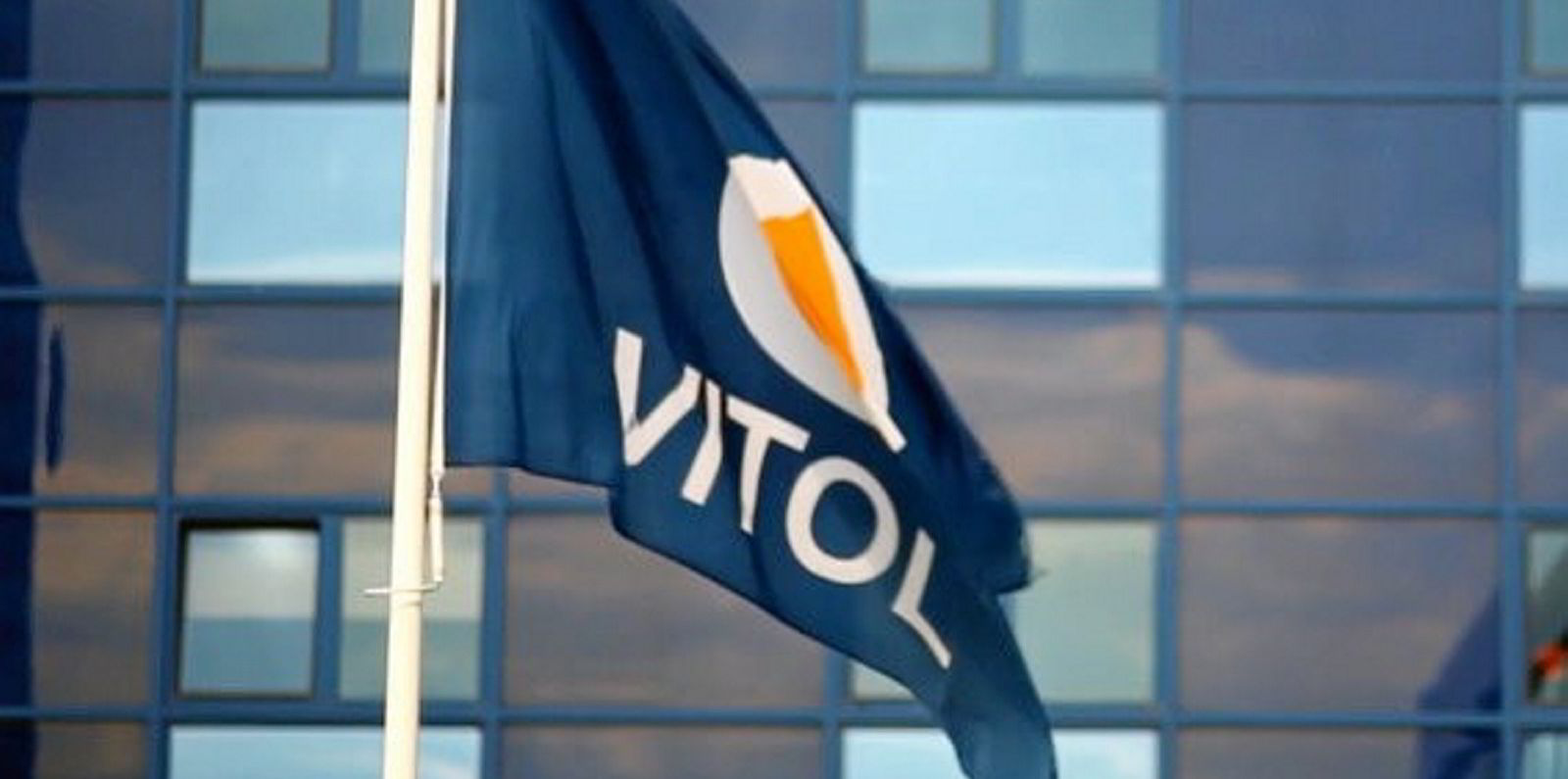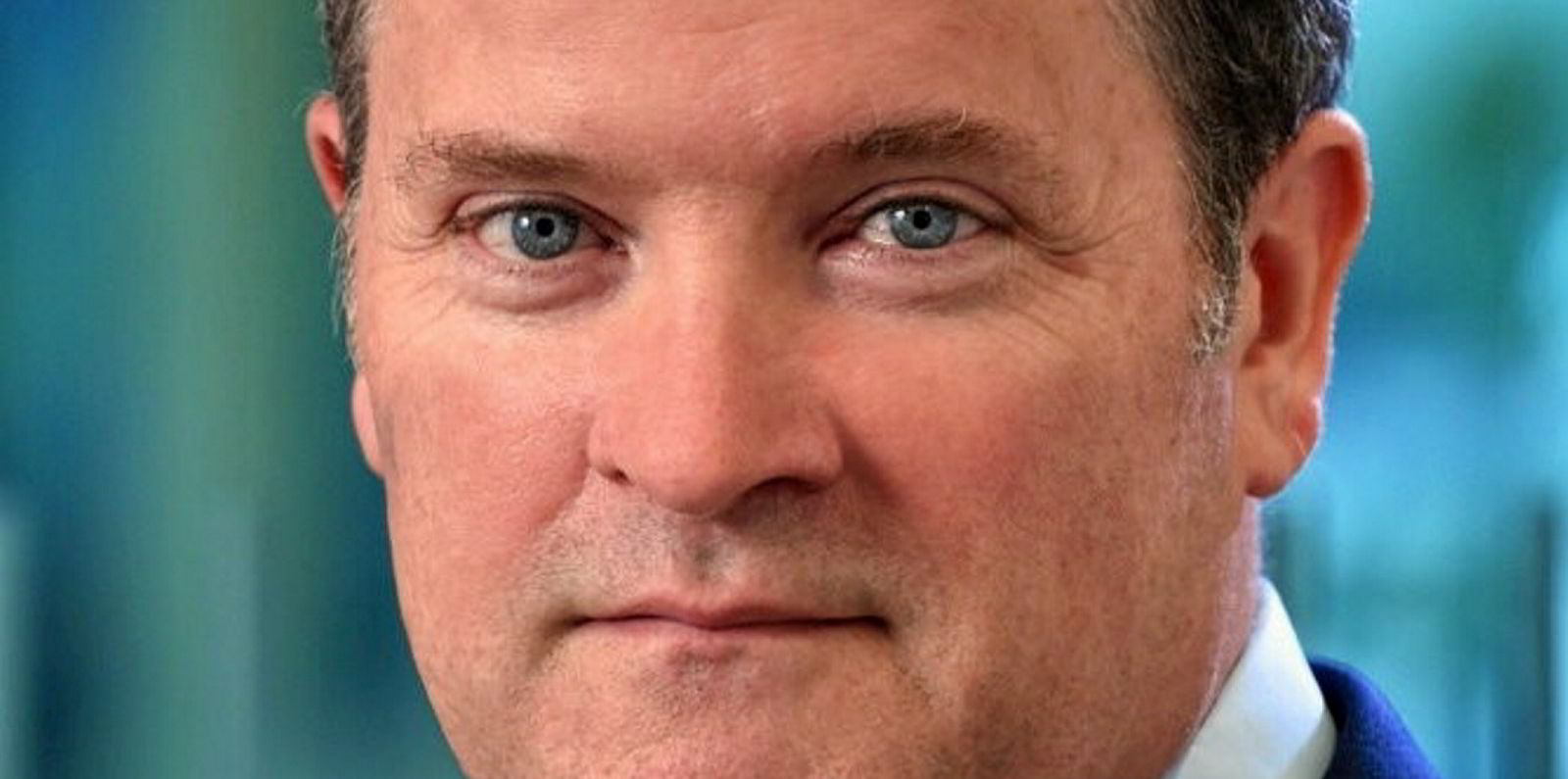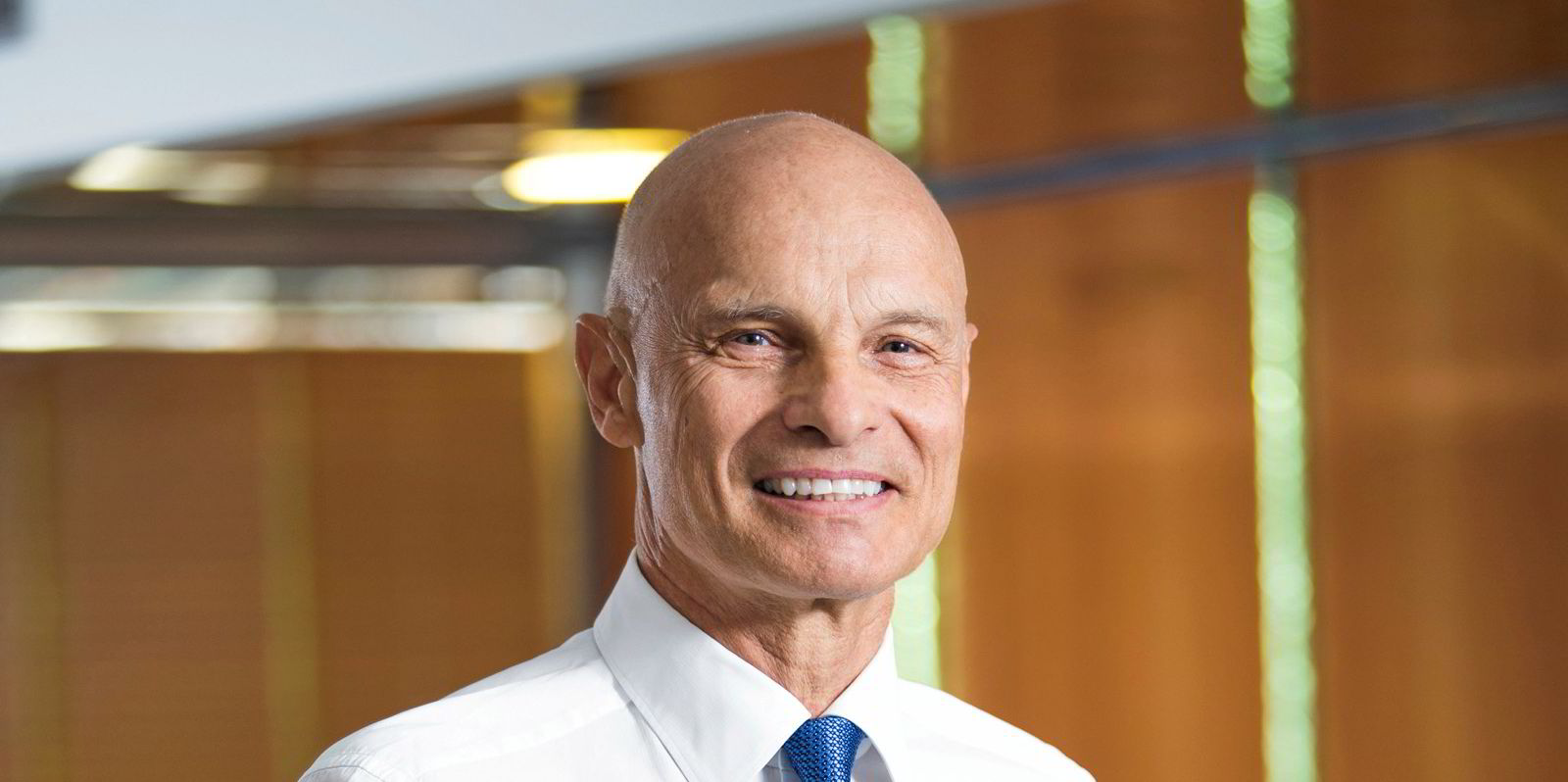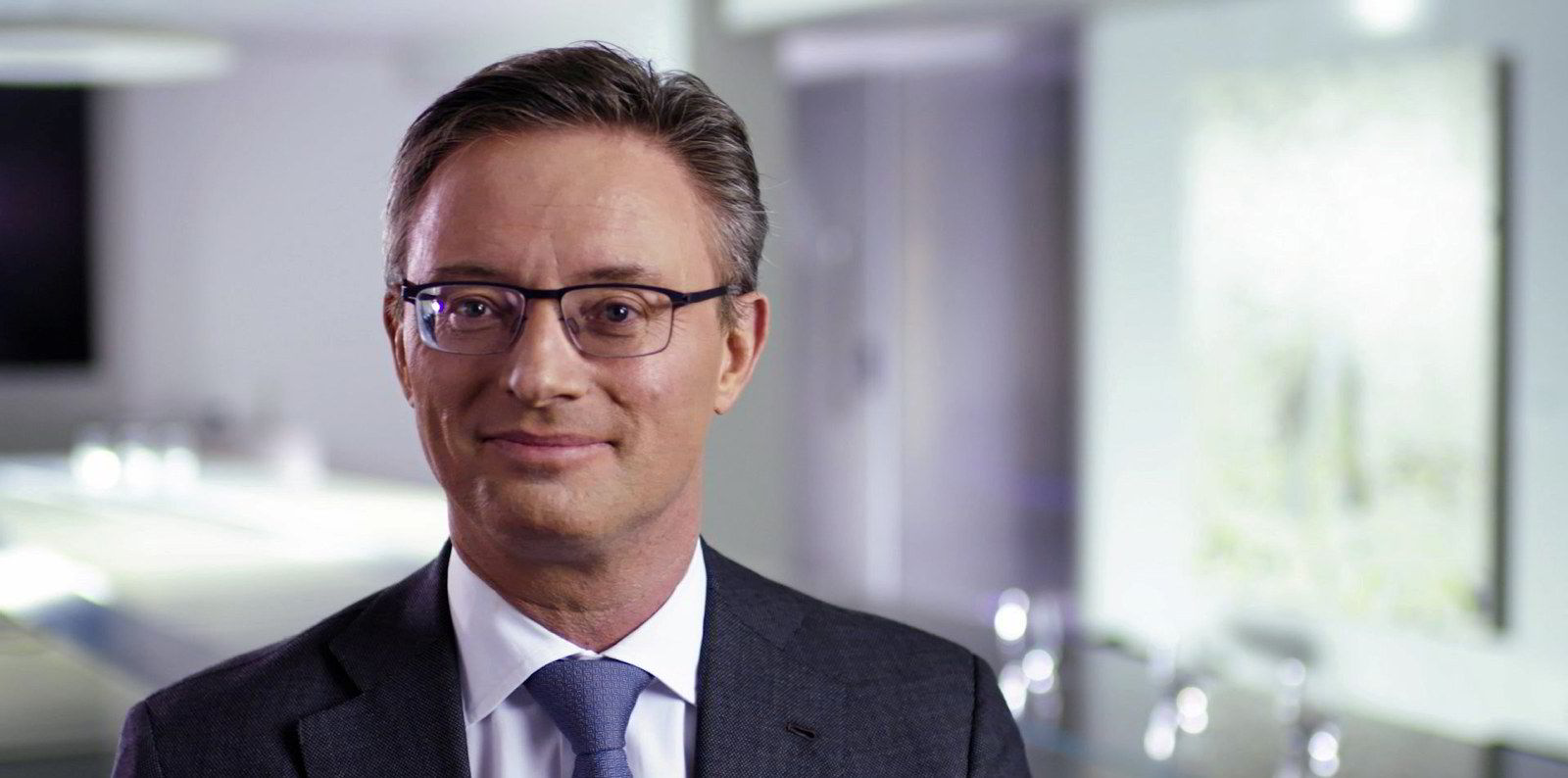Trading and chartering giant Vitol has emerged from a challenging 2020 with renewed focus on the green fuel transition.
The company said it has already invested more than $1bn in renewable energy projects as it seeks to reduce emissions.
Alongside this, Vitol is expanding its LNG, power and carbon trading capabilities.
Chief executive Russell Hardy said: "We continue to invest in energy segments that are likely to grow as the world transitions to cleaner energy solutions."
Later in the second quarter, the group will publish its first sustainability report, promising details about its refocused business strategy and decarbonisation projects.
Trading house rivals such as Trafigura and Gunvor have already outlined emissions reduction targets and big investments in renewables.
Wind and sun
Vitol's renewables work is predominantly focused on wind, solar and renewable natural gas projects.
One of these is a plan to produce purified biogas from organic waste.
The group also has a stake in Oslo-listed biofuel producer Quantafuel and is involved in Wastefront, a project which recycles tyres to make liquid hydrocarbons.
In addition, the company has launched a Green LNG offering, enabling customers to offset emissions associated with their cargoes, through the surrender and cancellation of Verified Emissions Reductions and International Renewable Energy Certificates.
Vitol's largest presence in the sector is in the US, although the portfolio is growing in Europe and Asia.
The company said it is looking at the investment portfolio and working with management teams to identify opportunities for reducing emissions.
Hardy added: "We are identifying sectors, such as the electrification of transport, where we believe we can deploy our capital and expertise to grow compelling offerings which, where possible, complement our existing trading businesses."
The company acknowledged the energy transition requires its operations to change.
"We continue to believe that demand for oil will not peak for another decade, but, nonetheless, we must position our business for a lower-emissions world," Hardy said.
"This change cannot be made overnight, so we will steadily build our transitional and new energy offering and portfolio, serving our clients as their needs evolve."
In the medium term, Vitol expects demand for hydrocarbons, such as LNG, natural gas and LPG, will grow as economies move away from coal and other solid fuels.
Until large-scale battery capacity has grown significantly, there will be a need for gas-fired generation to help manage the "intermittency" associated with renewable solar and wind generation, the group added.
Gas turbines acquired

Vitol subsidiary VPI Holding has recently bought four combined cycle gas turbines in the UK from energy company Drax.
VPI is also leading the company’s first large-scale industrial decarbonisation project, Humber Zero, which aims to remove 8m tonnes of CO2 annually by the mid-2020s.
The £1.2bn ($1.7bn) UK project will invest an initial £25m in developing technology to capture and safely store carbon emitted by the Immingham industrial cluster.
Vitol's revenue was $140bn in 2020, from $225bn in 2019.
The group traded 7.1m barrels per day (bpd) of crude and products, last year, down from 8m bpd in 2019.
Crude volumes were down 14% compared with 2019, but still totalled 174.6m tonnes, as the Covid-19 pandemic took hold.
"With stocks building by over 1bn barrels in the early part of the year, the industry had to manage unprecedented circumstances, restructuring supply chains to handle the crude oil and products that neither producers nor consumers could contain," Hardy said.
The company said its inventories grew markedly as its absorbed customer cargoes when demand collapsed.
"Whilst much demand has returned and the outlook is positive, the recovery has been slower than many anticipated and near-term uncertainties remain," Vitol added.
Naphtha volumes increased 18% year on year, but transport fuel volumes fell.
Traded jet fuel volumes were the most affected, dropping 39% year on year to 11.3m tonnes.





